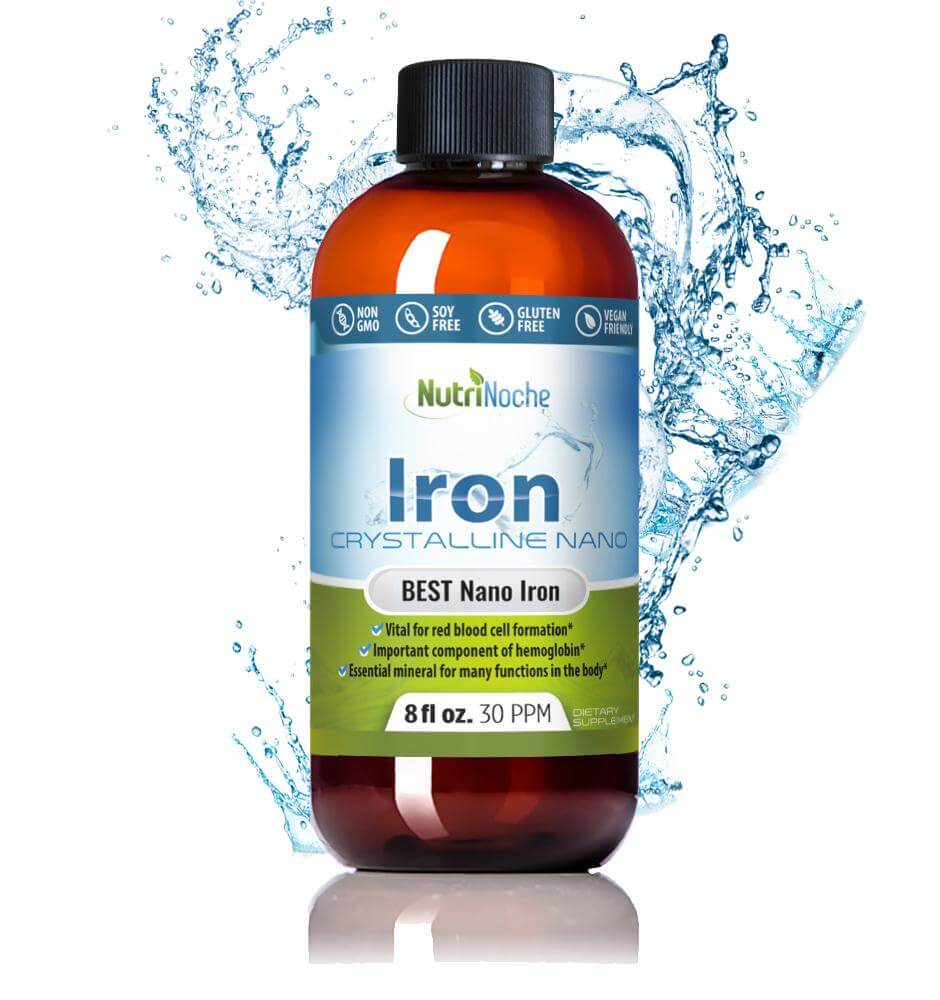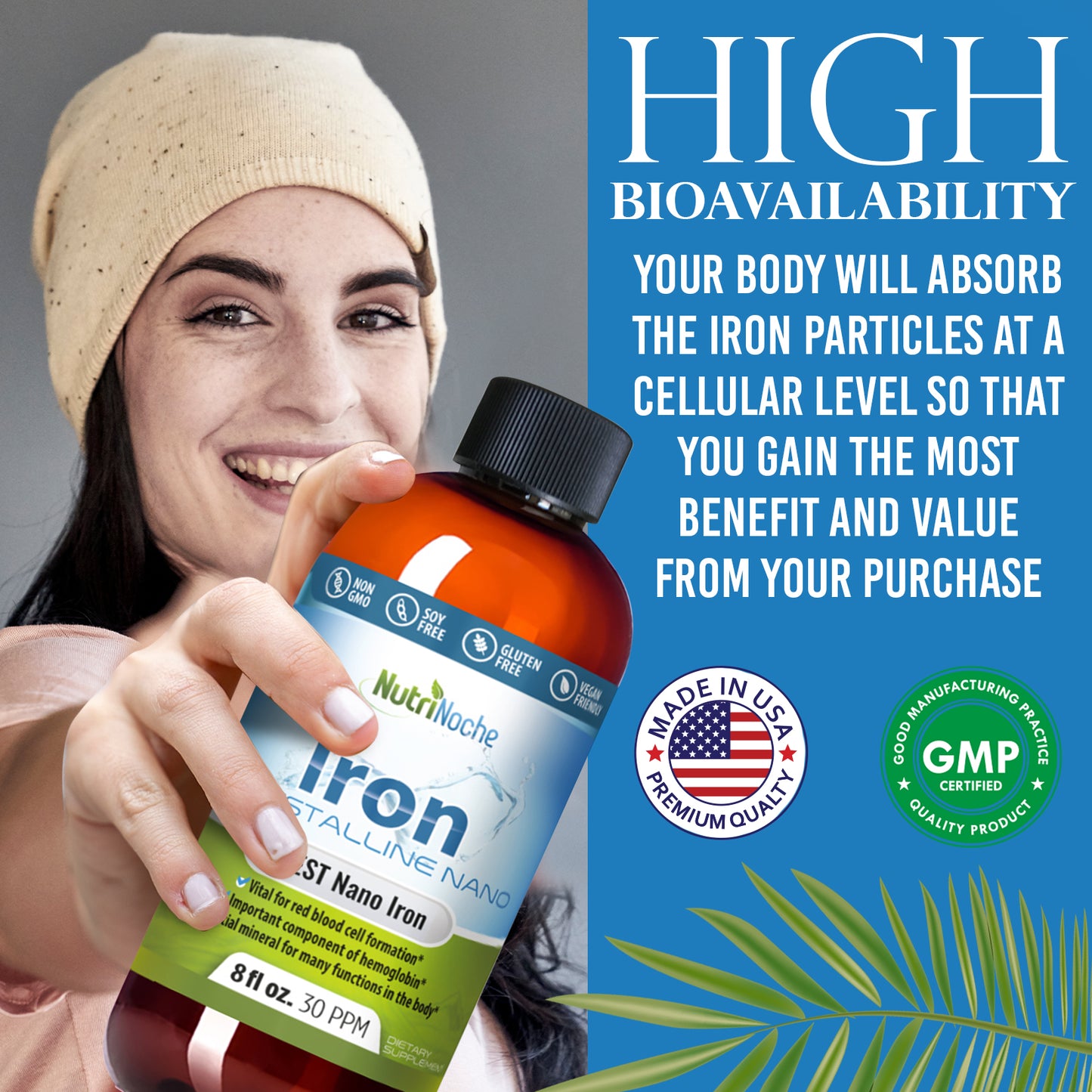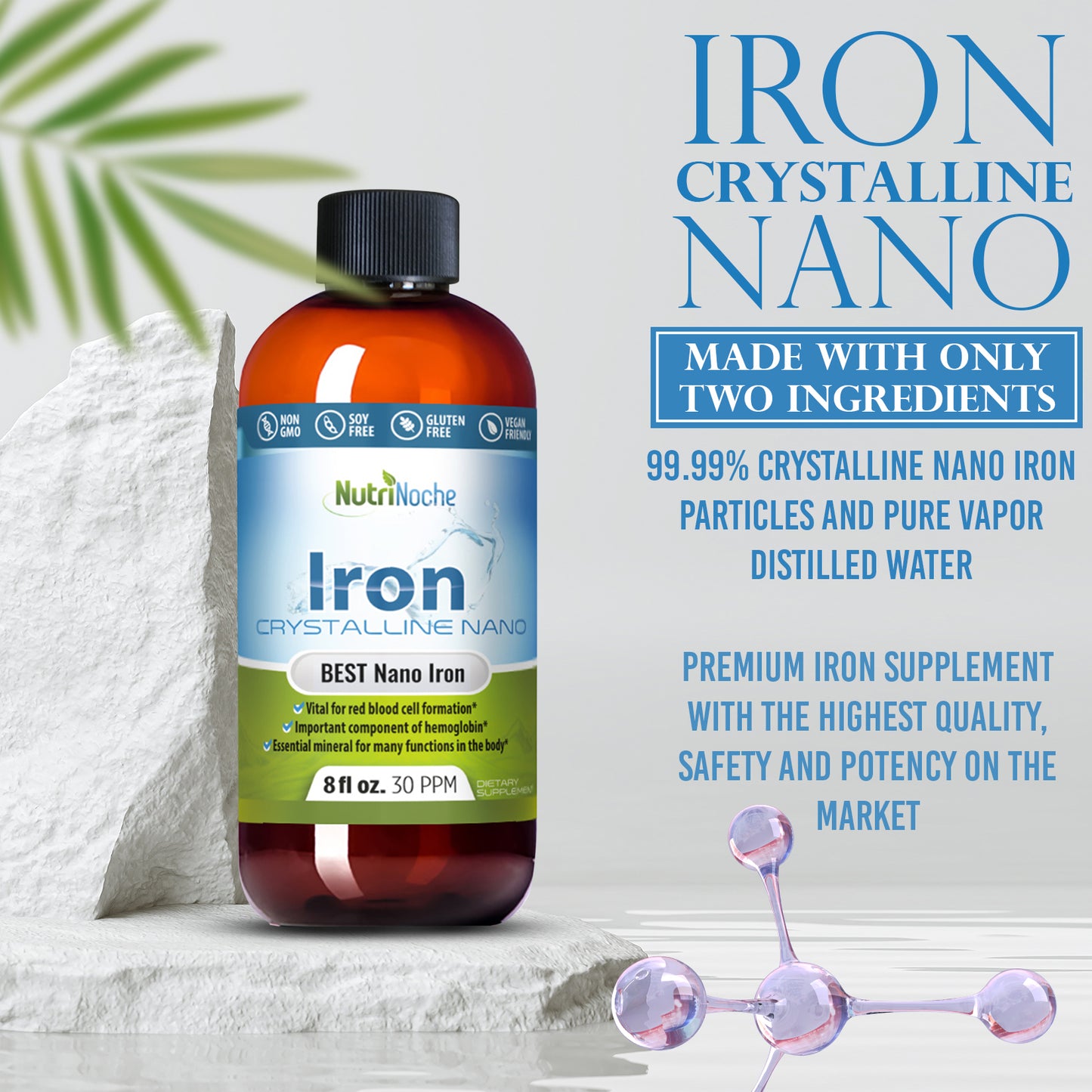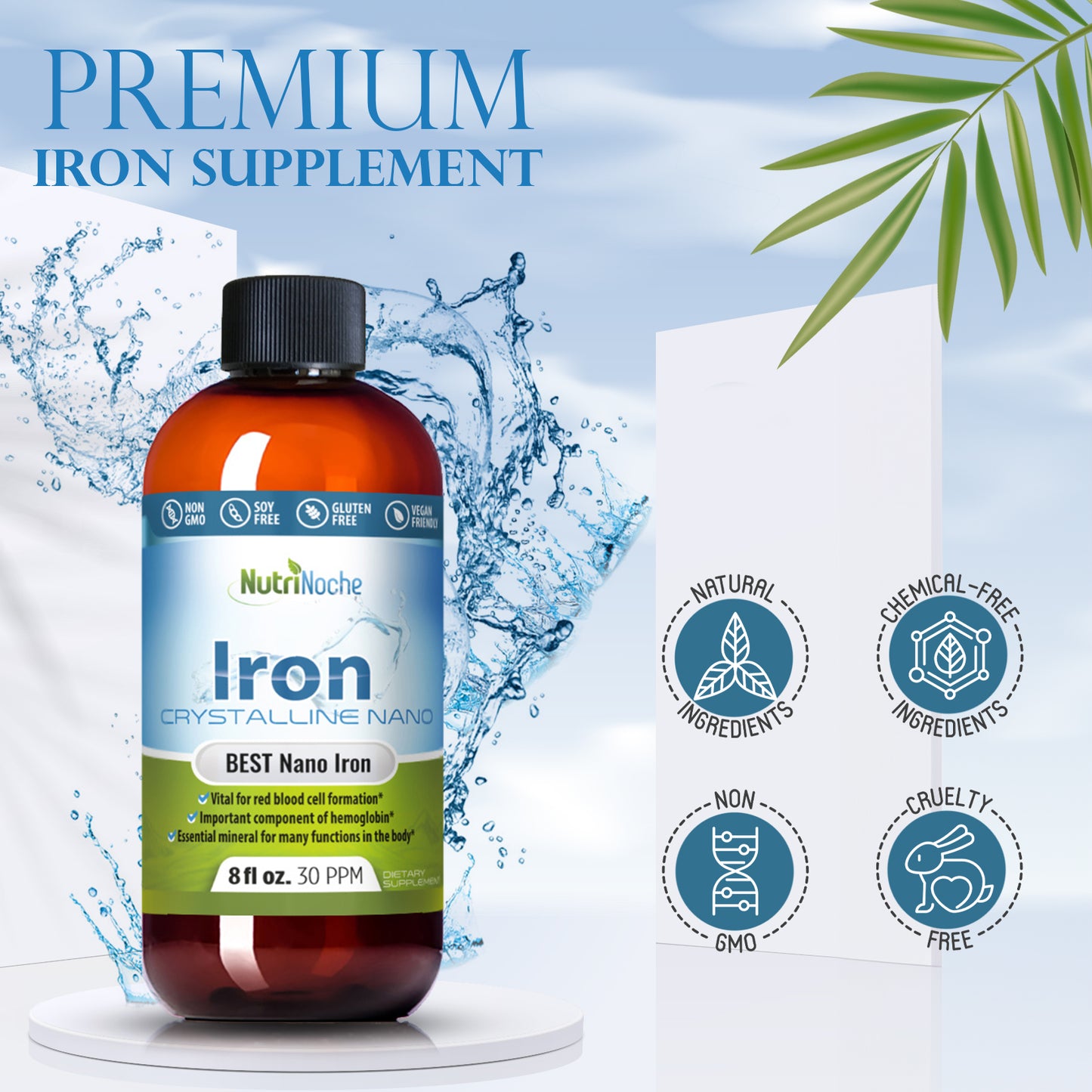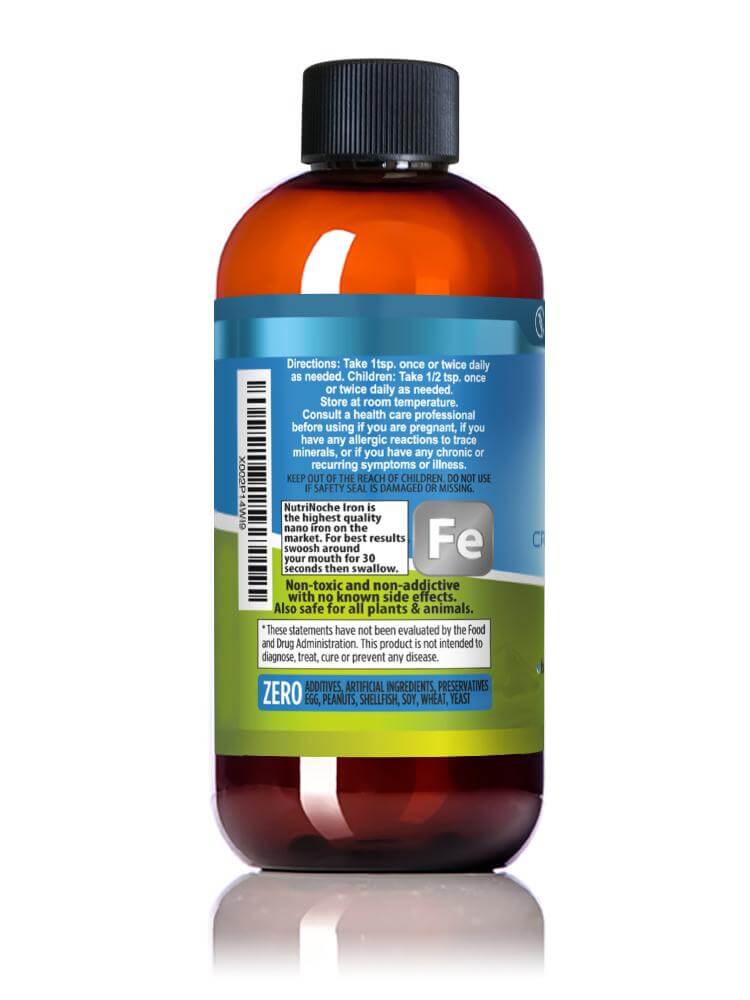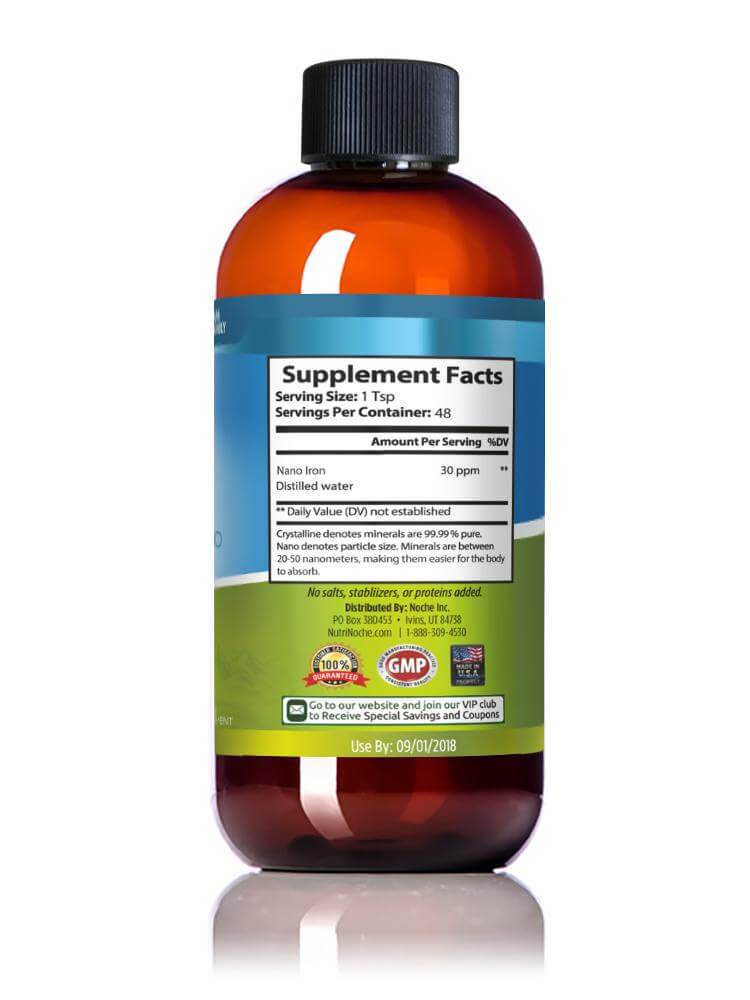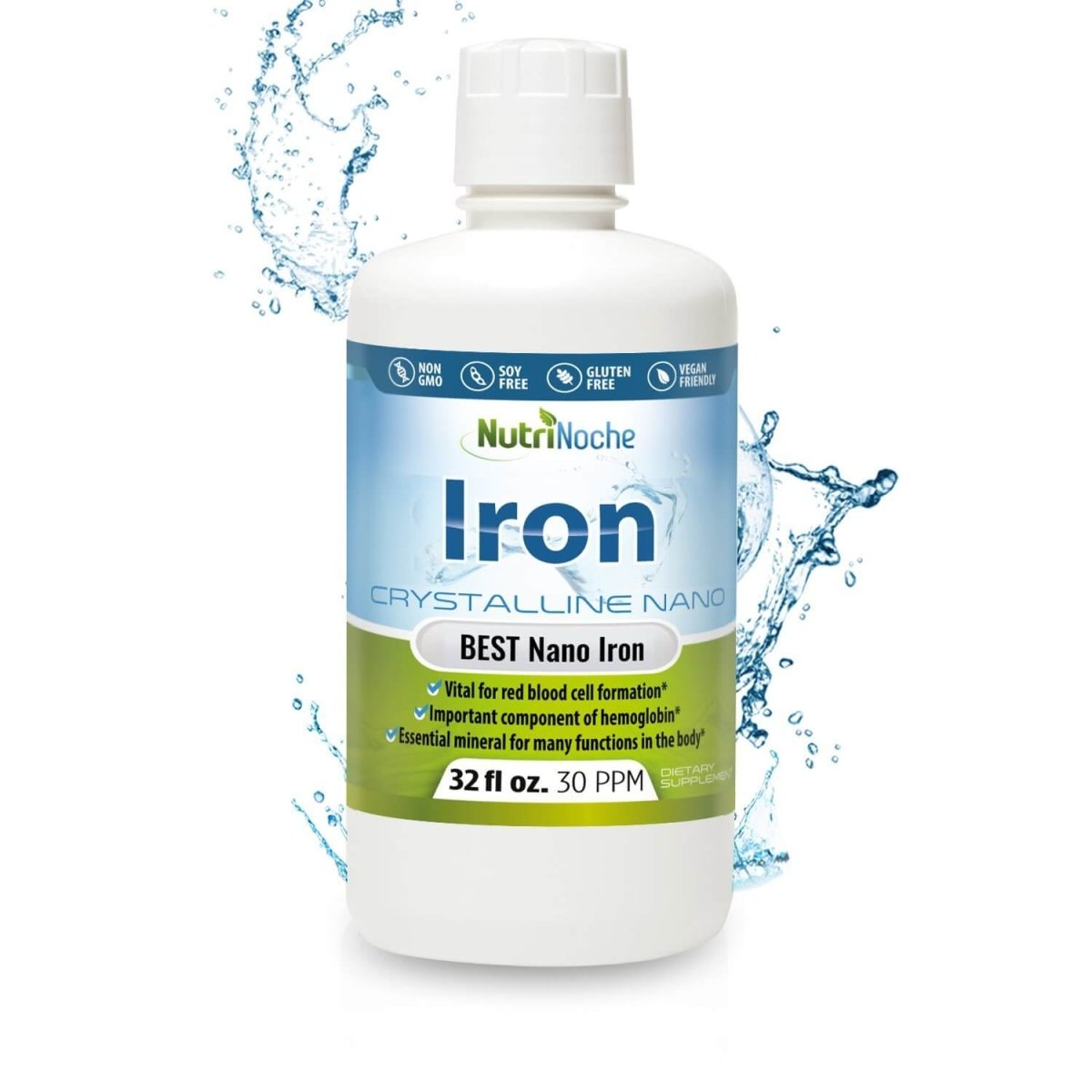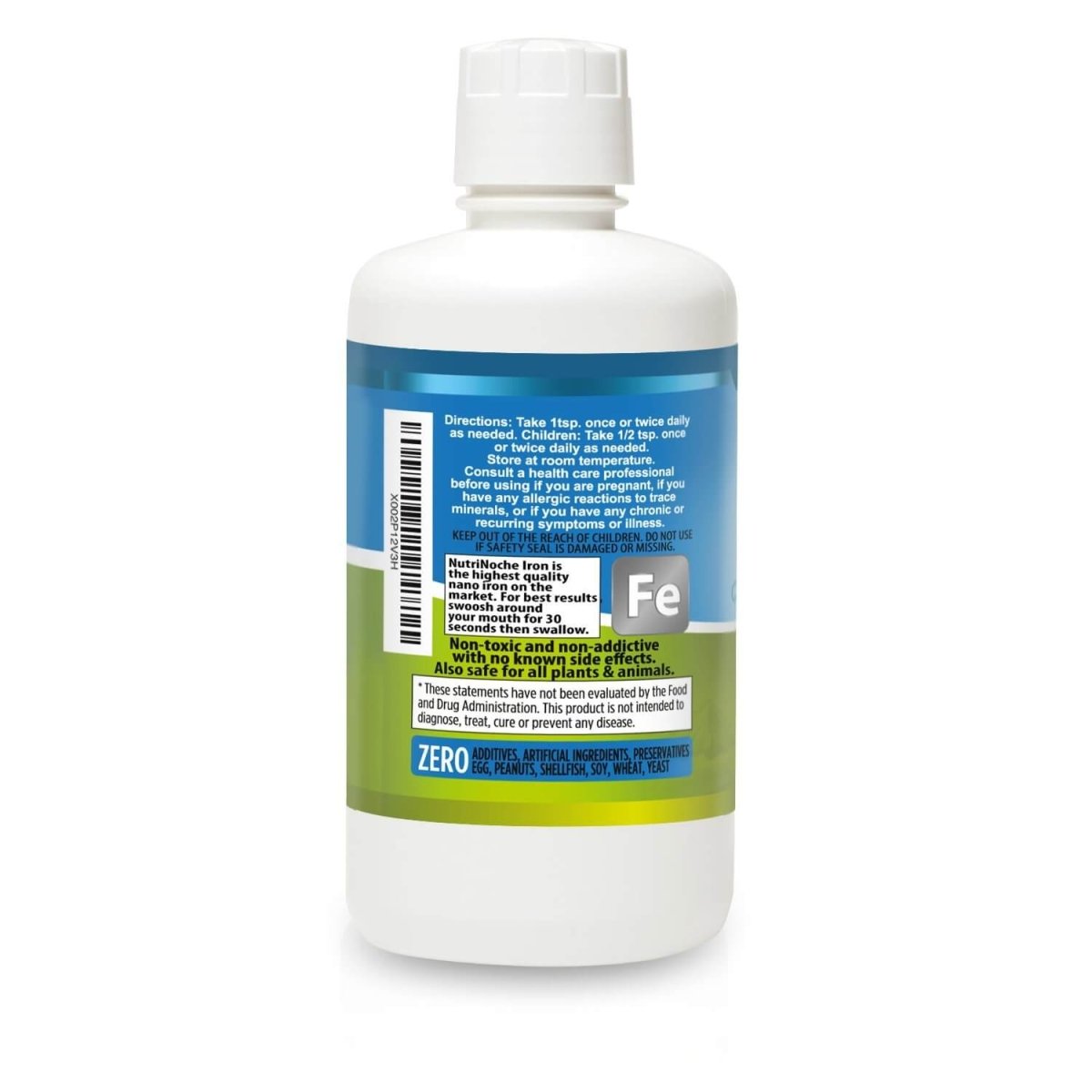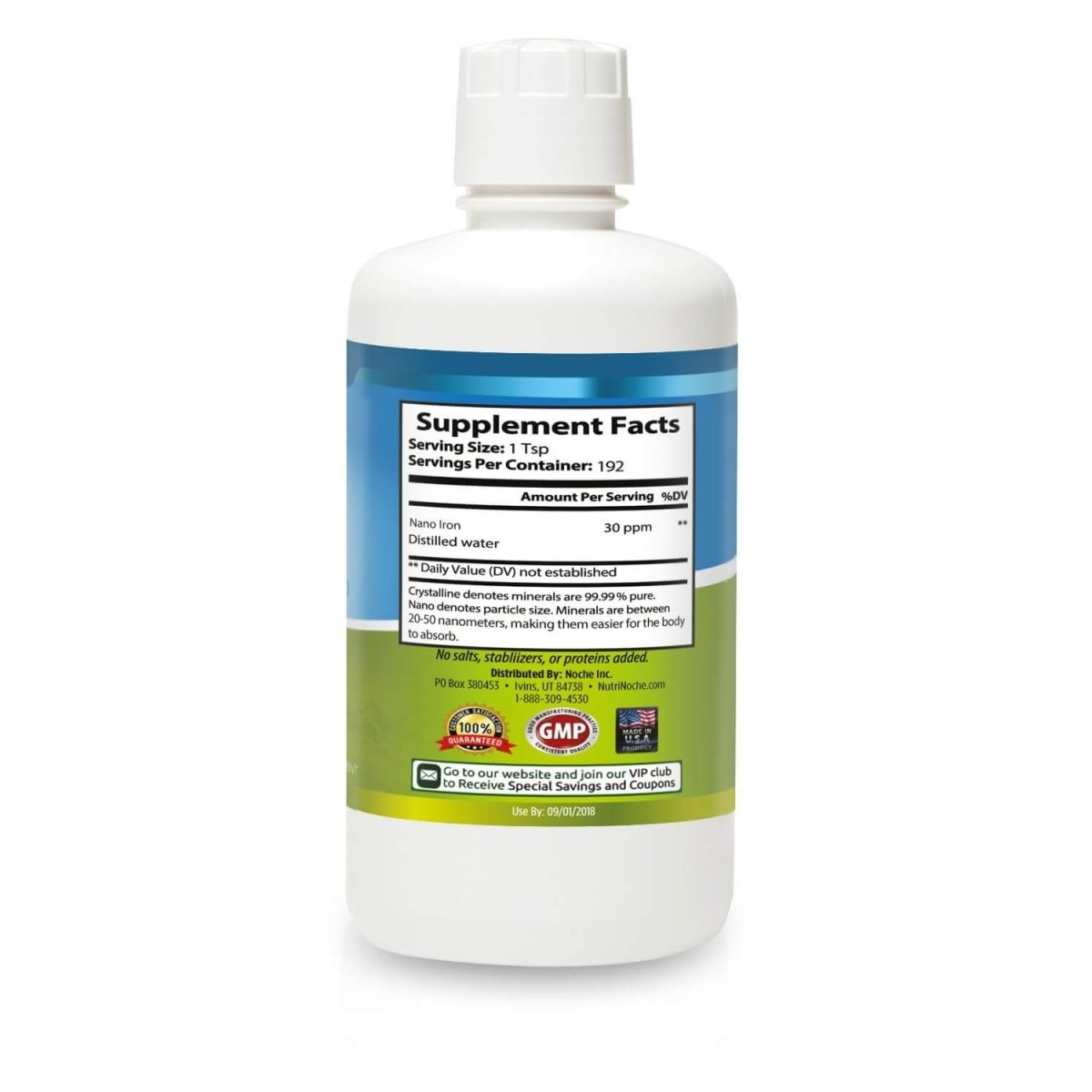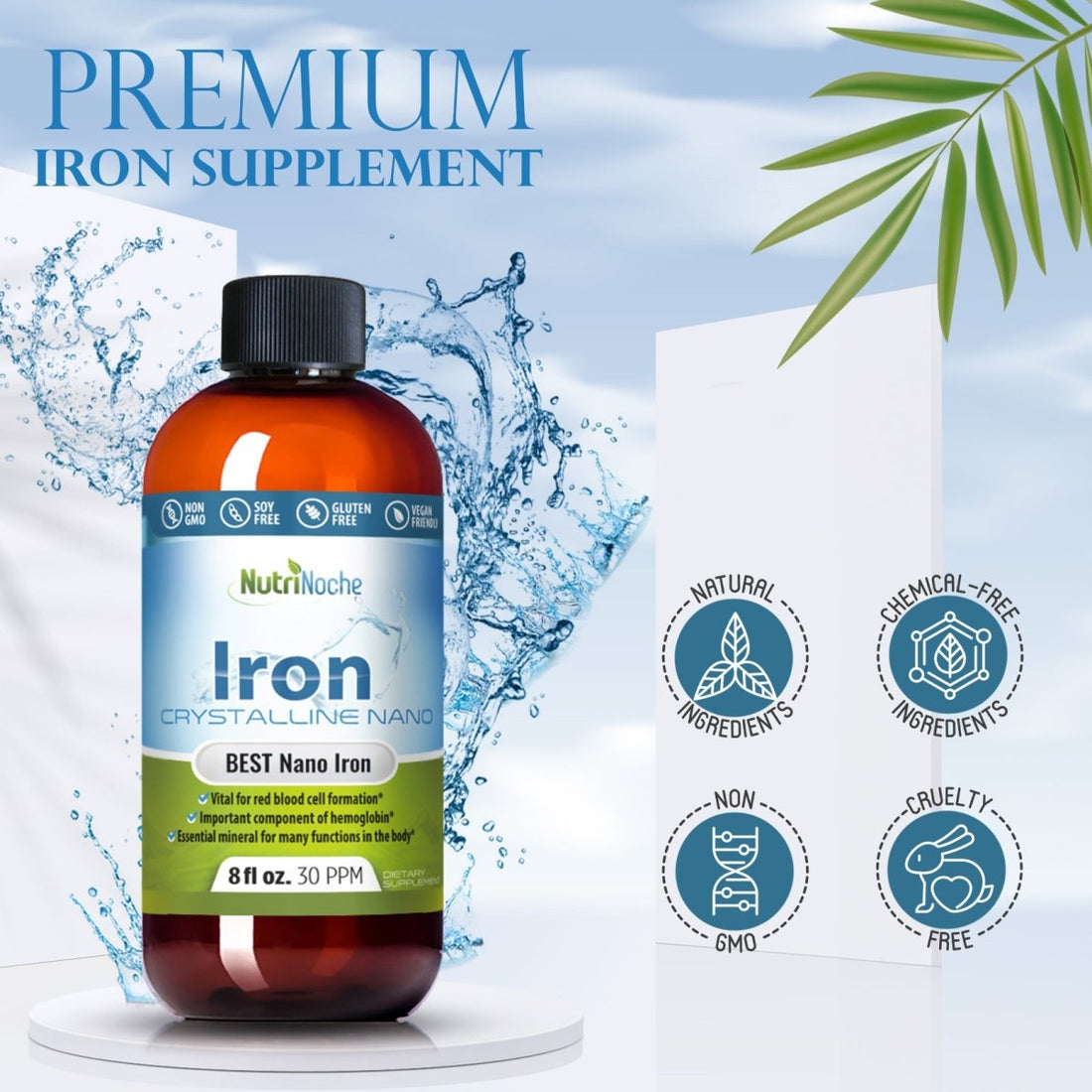
3 Amazing Benefits of Iron - What is the Best Iron Supplement?
Share
Iron Supplements: Benefits, Types, Bioavailability & How to Choose
Iron supplements can positively impact energy, focus, and overall well-being — especially when you choose a highly bioavailable form and use it correctly. This guide explains benefits, compares forms, and answers the most common questions, with quick links for easy navigation.
Key Takeaways
- Iron supplements help address low iron intake and support healthy red blood cell production.
- Many people report improved energy and reduced fatigue when iron levels are optimized.
- Selecting a highly bioavailable form and managing side effects improves results.
Understanding the Benefits of Iron Supplements
Incorporating iron supplements can support oxygen transport, daily energy, and cognitive performance — particularly if your diet is low in iron or if your needs are increased. Commonly noted benefits include:
- Improved oxygen transport throughout the body
- Enhanced energy levels and reduced feelings of fatigue
- Support for healthy red blood cell production
Tip: A form with high bioavailability can improve absorption and overall results.
Choosing the Right Type of Iron Supplement
When selecting an iron supplement, consider the form and its bioavailability — the proportion your body can absorb and use. Common forms include ferrous sulfate and ferrous gluconate; chelated options (e.g., ferrous bisglycinate) are also popular for their gentle profiles.

| Iron Supplement | Relative Bioavailability | Notes |
|---|---|---|
| Ferrous sulfate | High | Widely used; may cause GI upset in some. |
| Ferrous gluconate | Moderate | Often gentler; lower elemental iron per dose. |
| Ferrous bisglycinate (chelated) | High | Known for tolerability and absorption. |
Prefer a simple, high-purity option? Try NutriNoche Liquid Iron , made with ultra-pure ingredients for easy daily use.
Bioavailability & Absorption Tips
- Take with Vitamin C: Vitamin C can enhance the absorption of non-heme iron.
- Avoid inhibitors near dosing: Coffee, tea, calcium, and high-fiber foods may reduce absorption if taken together.
- Start low and build: If you’re sensitive, begin with a smaller serving and increase as tolerated.
- Consistency matters: Regular daily use typically supports better outcomes than sporadic dosing.
Top Dietary Sources of Iron
While supplements are helpful, prioritizing dietary iron supports a comprehensive approach. Iron occurs as heme iron (animal foods: red meat, poultry, fish — generally absorbed more readily) and non-heme iron (plant foods: legumes, whole grains, nuts, seeds, leafy greens). Pair non-heme sources with vitamin C-rich foods to encourage absorption.
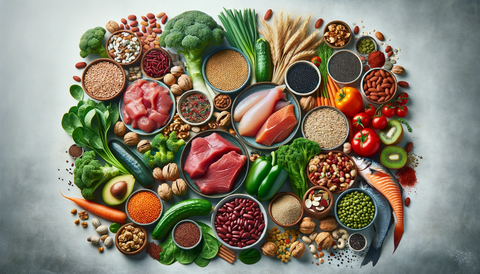
Conclusion
Iron plays a pivotal role in energy, cognition, and immune function. Choosing a highly bioavailable iron supplement, optimizing timing, and supporting intake with nutrient-dense foods can make a meaningful difference. For a clean, convenient option, consider NutriNoche Liquid Iron .
Top 10 Iron Supplement FAQs
1) What do iron supplements do?
They help support healthy red blood cell production and oxygen transport, which can reduce feelings of tiredness when intake is low.
2) What type of iron is best?
Forms with good bioavailability and tolerability (e.g., ferrous sulfate, ferrous bisglycinate) are popular. The “best” type depends on your needs and sensitivity.
3) How long does it take iron supplements to work?
People often notice changes in a few weeks; optimizing stores may take longer. Follow label directions and your provider’s guidance.
4) What are common side effects of iron?
Some experience GI discomfort, constipation, or nausea. Taking smaller servings or switching forms can help. Seek medical advice if symptoms persist.
5) Can I take iron with coffee or calcium?
Coffee, tea, and calcium can inhibit absorption. Take iron away from these and consider pairing with vitamin C.
6) What’s the difference between heme and non-heme iron?
Heme iron (animal foods) is generally absorbed more easily. Non-heme iron (plant foods) absorbs better when paired with vitamin C.
7) When should I take iron — morning or night?
Consistency is key. Many take iron on an empty stomach; others with food if sensitive. Choose a time you can stick with daily.
8) Can I take iron with other supplements or medications?
Some combos compete for absorption. Check timing with calcium, zinc, and certain medications. Consult your healthcare provider for guidance.
9) How do I know if I need an iron supplement?
Discuss symptoms and labs with a clinician. They can interpret ferritin and hemoglobin levels and recommend a plan tailored to you.
10) Where can I buy a high-quality iron supplement?
Choose reputable brands with clear labeling. Explore NutriNoche Liquid Iron for a clean, easy option.


